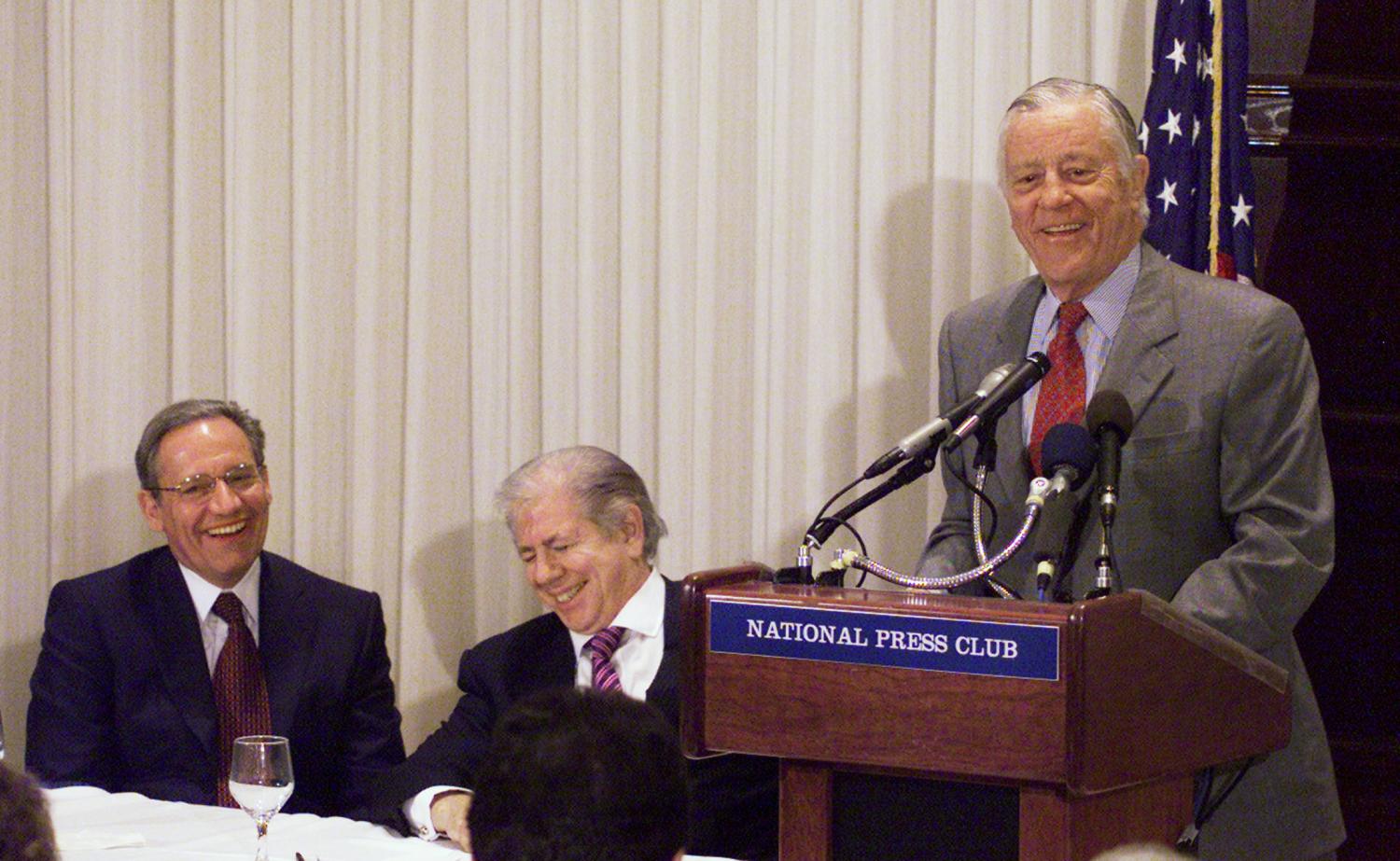In the seventh of a series of blogs offering video snippets from Stephen Hess’ numerous interviews with the prominent journalists featured in Whatever Happened to the Washington Reporters, 1978-2012, Barry Sussman talks about being the city news editor at the Washington Post in 1972. Today he looks back on the phone call that connected the Watergate break-in to people in the White House, and led to the downfall of a president.
Whatever Happened to the Washington Reporters is Hess’ latest book, in which he set out to find the 450 Washington reporters he first surveyed in 1978. He tracks them in France, England, Italy, Australia, and 19 U.S. states in addition to the Washington area, locating 90 percent and interviews 283 of them, producing the first comprehensive study of career patterns in American journalism.
##1##
For some, as it came to Barry Sussman, there is the possibility of being part of a once-in-a-lifetime event, one that will go down in history. Editor Sussman was detached to direct the Watergate coverage that led to the Post’s being awarded the Pulitzer Prize for public service in 1973.
Ike Pappas, reporting for CBS, was in Dallas in 1963: “I entered the basement of the Dallas police headquarters…and I didn’t know where I was going to stand to try to report this story of the departure of Oswald, so I found a little spot by the fender of the chase car of the armored truck and I squeezed in, and I didn’t realize it, but I was squeezing in right in front of Jack Ruby…and I saw this man jump in front of me with a black coat on, fedora hat, and suddenly there was a bang and a flash on Oswald’s sweater and a moan and he goes down, and here’s ‘My God what has happened now?’ The things that cross your mind as a reporter: ‘Could this possibly be the assassin of the United States president now being killed?’ Put that in words. And I just said what I saw.”
Still, as James Adams, of Reuters, who covered the “Black Hawk Down” story in Somalia and had been in the Pentagon media pool assigned to the Gulf War, observes of careers in journalism: “No matter what you do, no matter how exciting it is overall, it’s not all exciting…In fact, a lot of it is not exciting at all.”
The Brookings Institution is committed to quality, independence, and impact.
We are supported by a diverse array of funders. In line with our values and policies, each Brookings publication represents the sole views of its author(s).




Commentary
Barry Sussman: Stories from Watergate
September 18, 2012